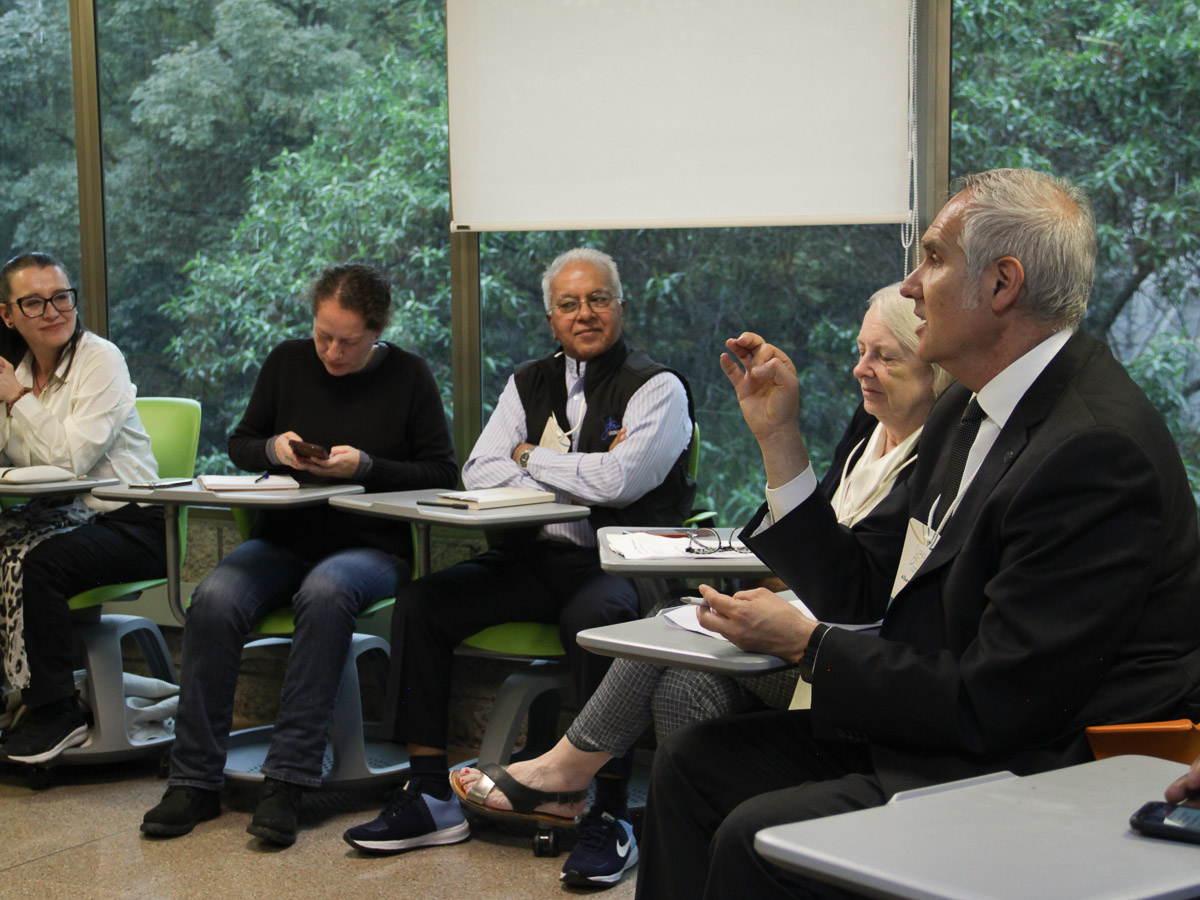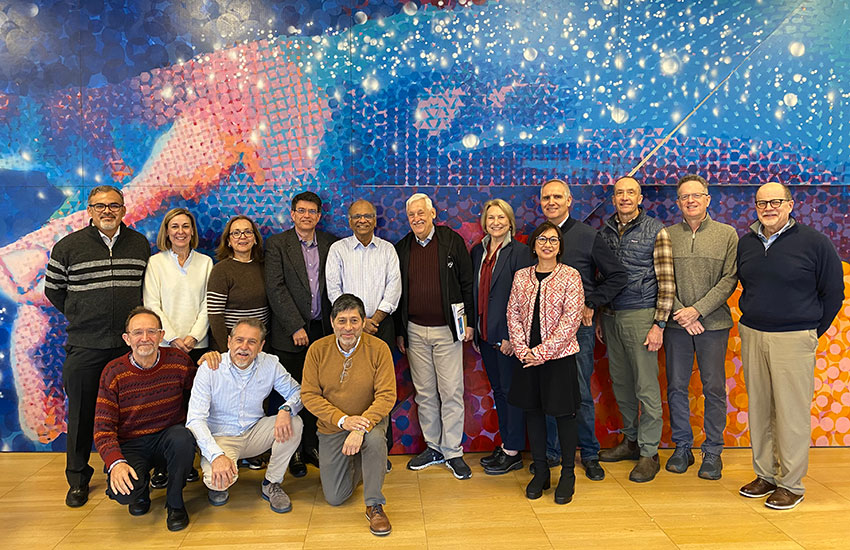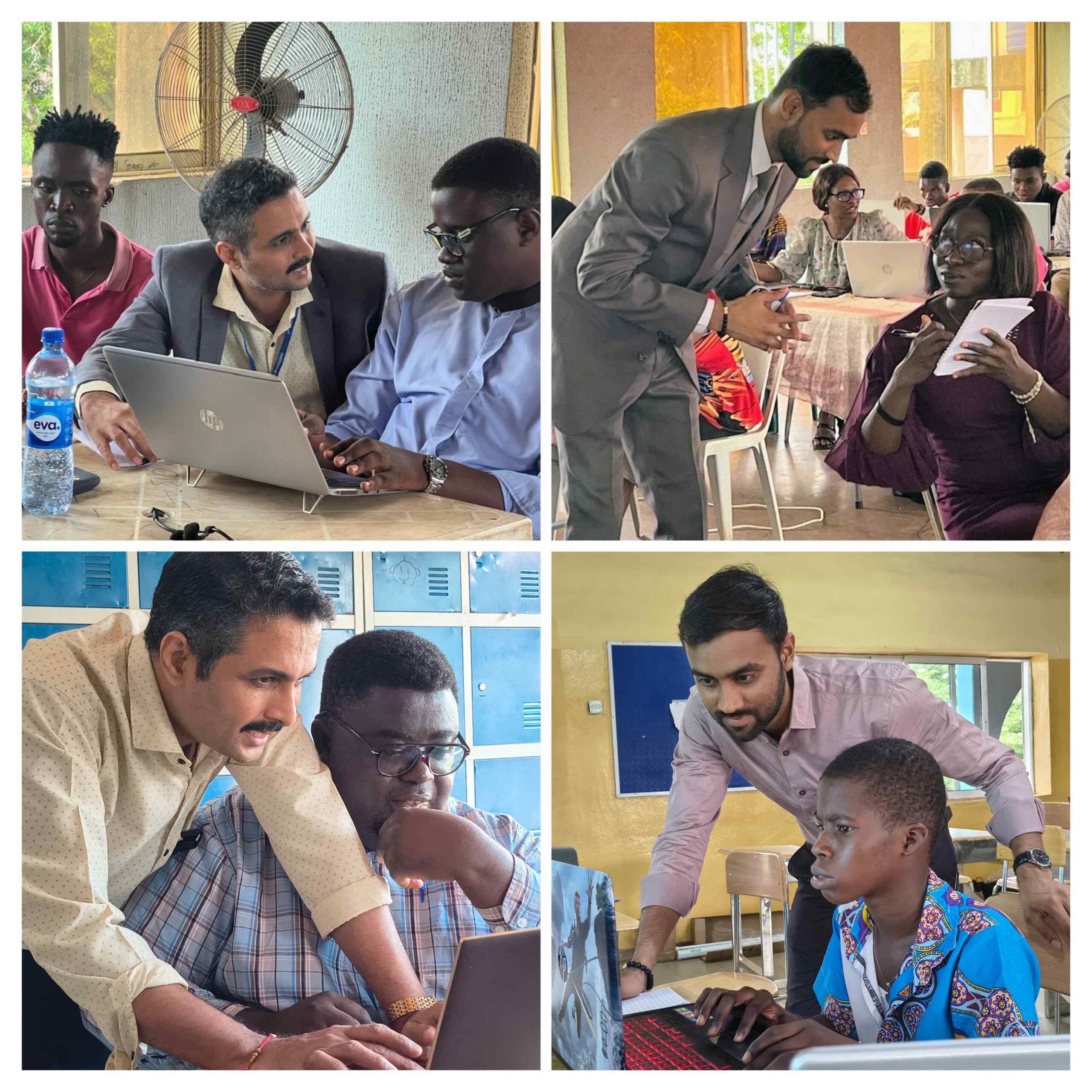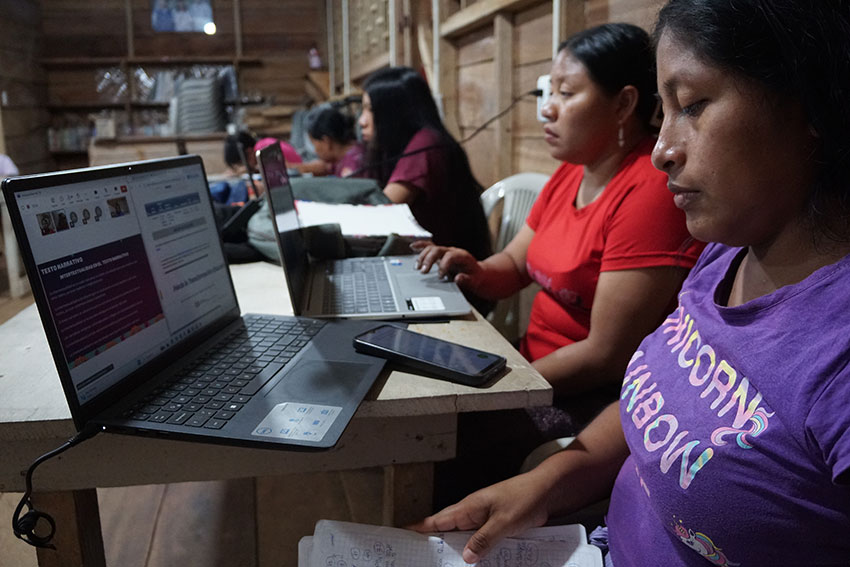Parallel Sessions Highlight a Transformative Global Mission in Practice

At the 2025 International Association of Jesuit Universities (IAJU) Assembly, a series of dynamic parallel sessions showcased collaborative, mission-driven efforts that reflect the Society of Jesus’ enduring commitment to social justice, academic excellence, and global citizenship. From transformative student exchange, faculty formation, and collaborative education programs to bold approaches to refugee support, sessions emphasized concrete practices and strategic programs that embody Jesuit values and respond to the evolving challenges of higher education and the world.
The Inspirational Paradigm for Jesuit Business Education
In 2020, an IAJU taskforce released “An Inspirational Paradigm (IP) for Jesuit Business Education.” This statement articulates what is distinctive about Jesuit business education in a global context, including the seven Hungers that inspire student idealism and hope. Since its release, the taskforce has worked diligently to disseminate the paradigm throughout the international network of nearly 80 Jesuit business schools across five continents. Collaborating with the International Association of Jesuit Business Schools and other partners, the taskforce has supported faculty across the network in developing and distributing teaching materials related to the paradigm. They have also offered a program to help schools identify their alignment with the paradigm. Notably, just days ago, they launched the “Being an IP Professor” workshop series, marking a significant step in their ongoing efforts.Magis Exchange Program
Launched in 2019, the Magis Exchange Program is founded on a tuition- neutral exchange agreement. It has evolved into a dynamic network of 41 Jesuit universities from the six regional associations, offering more than 200 students a transformative international experience grounded in global and environmental citizenship. Especially beneficial for institutions with limited international partnerships, Magis has emerged as a key initiative to advance the global mission of Jesuit higher education on every continent. This session reflected on the program’s six-year journey, highlighting its achievements, challenges, and outcomes, and presented flexible models institutions can explore to engage with this initiative.Strengthening Jesuit Identity and Mission through Network-Based Formation for Faculty and Students
This workshop presented collaborative strategies and programs to strengthen Jesuit identity and mission among faculty and students. Drawing on the expertise of Jesuit higher education networks, it highlighted practical formation experiences that foster a deeper understanding and integration of the principles of Jesuit education into academic and campus life.Tackling Today’s Challenges through Collaboration in Higher Education in Excluded Communities
This session highlighted Jesuit Worldwide Learning’s (JWL’s) global online collaborations with Jesuit and mission-aligned universities to tackle some of today’s most pressing challenges—climate change, gender oppression, conflict, and educational inequality—through inclusive, context-sensitive academic programs. Since 2020, JWL has reached over 28,000 students through degree and skills-based offerings across Asia, Africa, Latin America and the Middle East, including in refugee camps and in indigenous, minority and culturally excluded communities. Programs like the globally offered Bachelor’s in Sustainable Development, Ecotourism in Ecuador, and Peace Leadership in Iraq illustrate JWL’s commitment to education at the margins. Through partnerships with over 15 universities in all continents such as XIM University (India), Saint Louis University (USA), Hekima University College (Kenya), Newmann Institute (Sweden), and Javeriana Cali (Colombia), JWL is advancing borderless, justice-centered higher education that empowers underserved learners to become transformative leaders. Other universities were invited to join this initiative to bring Jesuit higher education to the margins.ICAM Global Program in Engineering The Icam International Bachelor’s program trains engineers with a global, interdisciplinary, and socially committed perspective. The same academic program is offered across ten campuses in different countries, allowing students to experience real intercultural exchange and receive training adapted to the challenges of a globalized environment. The PUCE Icam project, through the Integral Engineering degree, represents the International Bachelor’s program in Ecuador—an innovative educational experience based on the same principles and values as Icam.
Transforming Lives Together: Jesuit Universities’ Commitment to Refugees and Displaced People
This session was a continuation of Plenary 5, “Migration, Refugees and Those on the Frontier: Best Practices and Collaborations.” It focused on Jesuit higher education institutions’ work engaging with migrants, refugees, and people on the peripheries through research, training, and advocacy, as well as ways our institutions can continue to walk alongside the excluded people of our societies.Global Citizenship
This session expanded on the introduction to the Global Citizenship Curriculum Project and Fellows Program provided the “Democracy in Crisis” pre-conference session. The parallel session allowed participants to hear from all students in the current cohort and about their experiences. Their experiences highlighted the counter-cultural yet vital work of nurturing youth who value justice, empathy, and global responsibility.
Together, these sessions illustrate how Jesuit universities are building bridges across borders, disciplines, and communities—living out a transformative mission in action.









